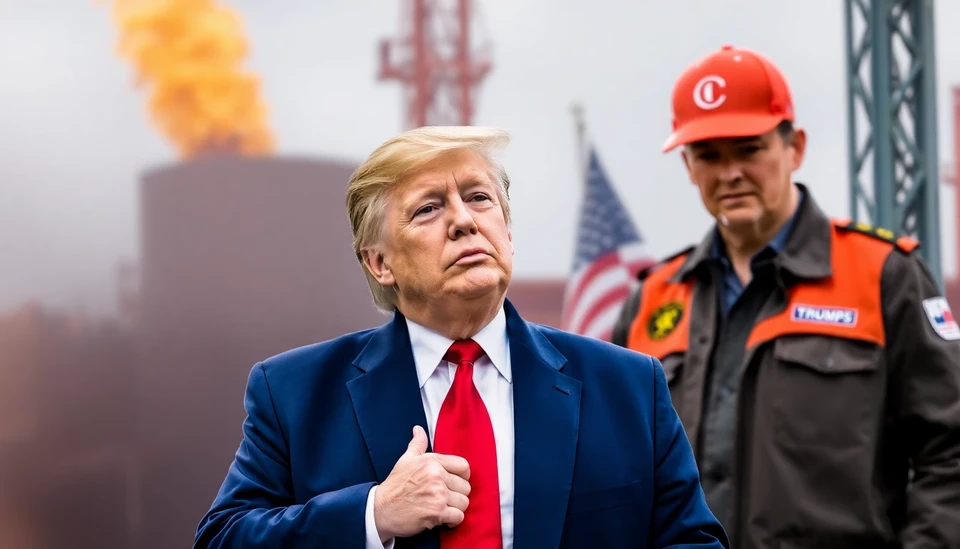
A new analysis from leading economists suggests that the tariffs imposed by former President Donald Trump are contributing significantly to uncertainties in the U.S. economy, which may heighten the chances of a recession in the near future. Since taking office, Trump’s administration has utilized tariffs as a primary tool in its trade strategy, aimed particularly at China, which has sparked a series of retaliatory responses and created a complex trade landscape.
The economists noted that while the trade policies were intended to protect American jobs and industries, the resulting market instability has led to a paradox: a rise in production costs for U.S. manufacturers, which in turn reduces profit margins and sparks inflation. This producing chain effect is creating an environment where businesses are hesitant to invest, with the economic landscape becoming increasingly difficult to navigate.
One of the primary concerns highlighted in their analysis is the impact of tariffs on consumer prices. As tariffs raise the cost of imported goods, consumers ultimately bear the burden through higher prices. This inflationary pressure could decrease consumer spending, a critical driver of economic growth, thus compounding the risks of a recession. Many households are already adjusting their spending habits as the cost of living rises, potentially leading to a slowdown in economic activity.
Moreover, the economists pointed out that firms are facing uncertainty not only from tariffs but also from the unpredictability of future trade policies. The inconsistent messaging from the current administration regarding international relations and trade agreements has made it difficult for many companies to plan for the future, further exacerbating the economic uncertainty. This lack of clarity is prompting some firms to delay investments and expansion plans, which is a key ingredient in economic growth.
At the same time, labor markets appear to be feeling the effects of Trump's trade policies. Industries reliant on exports are grappling with lower demand due to retaliatory tariffs from partner countries, leading to job cuts and slower hiring rates. Economists warn that prolonged uncertainty and negative impacts on employment could feed a cycle of reduced consumer confidence, further dampening economic prospects.
The analysis concludes that while the tariffs were positioned as a strategy to reinforce U.S. economic strength, they appear to be fostering an environment of instability and risk. Moving forward, it is essential for policymakers to consider the long-term implications of trade policies that may inadvertently curtail economic growth. With these considerations in mind, economists urge for a more measured approach to trade negotiations to alleviate some of the uncertainty plaguing the market.
As the nation adapts to these shifts, many will be closely watching for signs of how these policies will evolve and their potential outcomes in the months and years ahead. Investors, businesses, and consumers alike are left wondering how long the U.S. economy can withstand the pressures exerted by these tariffs.
In summary, Trump's tariffs, while aimed at protecting domestic industries, are now seen as a double-edged sword, increasing the chances of recession due to higher consumer prices, reduced business confidence, and shifting labor market dynamics. The road ahead requires careful navigation by all parties involved to mitigate the impacts these policies may have on the overall economy.
#TrumpTariffs #Economy #Recession #TradePolicies #EconomicUncertainty
Author: Rachel Greene




